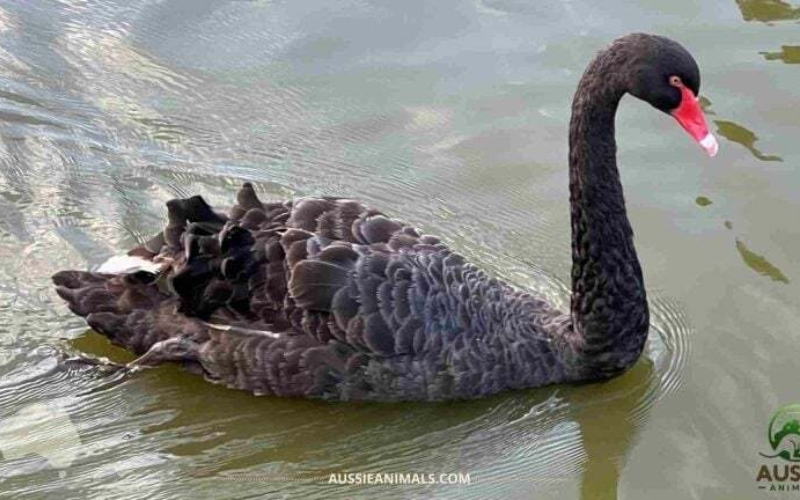
Lunchtime Meeting
‘Black Swan’ Futures? Looking backwards to shape new possibilities with Australia’s Black Swans
Dr Melina Ey
This lecture traces strands of the environmental history(ies) of the Black Swan – particularly its long disruption of settler-colonial imaginaries of possibility – to open up what ‘black swan’ events and disruptions might yet be crafted for our shared uncertain climatic and ecological futures.
Melina is the recipient of an RGSSA Library Fellowship.
Black Swans (Cygnus Atratus) have long occupied a unique place in the European socio-cultural imaginary. Prior to the colonisation of Australia, the Black Swan was considered an impossibility in Europe, as the European experience suggested that swans were only white. We continue to see reverberances of this throughout the global economic and cultural landscape, with “black swan events” (1) describing a highly unpredictable and unlikely event with significant consequences. This is despite the seemingly ordinary presence of these creatures across the lands and waters now called Australia; known and named uniquely across hundreds of Aboriginal sovereign lands and languages (including as Kanpal, where I live on unceded Wonnarua Country). This is also despite growing evidence suggesting that the common ancestor of the world’s swans was “in fact, black” and in “direct contrast to the metaphor of “black swan events” that are so defined because of their unprecedented and unexpected nature” (2).
Whilst history(ies) of the Black Swan have long troubled Eurocentric norms and environmental knowledges, its looming futures also bring new troubles. Alongside the ongoing challenges of a changing climate, the global onset of Bird flu H5N1 (3) presents potential catastrophe for particularly vulnerable Black Swans. In facing these uncertain futures, what might we learn from the Black Swan’s unruly past(s), in shaping other futures alongside these creatures?
This lecture traces strands of the environmental history(ies) of the Black Swan – particularly its long disruption of settler-colonial imaginaries of possibility – to open up what ‘black swan’ events and disruptions might yet be crafted for our shared uncertain climatic and ecological futures. Including archival research supported by a Royal Geographical Society of South Australia research fellowship, this lecture looks to the multiple unruly pasts of the Black Swan, to consider possibilities for human partnership, collaboration and care in a changing climate - all towards unruly, and profoundly lively, black swan futures.
Dr Melina Ey, Discipline of Geography and Environmental Studies, The University of Newcastle
1 Nassim, N. T. The Black Swan: The Impact of the Highly Impossible. Random House (2007).
2 Karawita, A.C., Cheng, Y., Chew, K.Y. et al. The swan genome and transcriptome, it is not all black and white. Genome Biol 24, 13 (2023). https://doi.org/10.1186/s13059-022-02838-0, p. 12.
3 Stevens, R. Bird flu H5N1 strain could cause 'mass mortality' of black swans, other native birds. ABC Online (24/09/2024) Bird flu H5N1 strain could cause 'mass mortality' of black swans, other native birds - ABC News
Date and Time
16 June 2025 | 12:30 pm
Location
Hetzel Lecture Theatre, Institute Building, North Terrace, AdelaideCost
Members: $Gold Coin Non members: $5
Note: This lecture commences at 12:30, rather than 12.